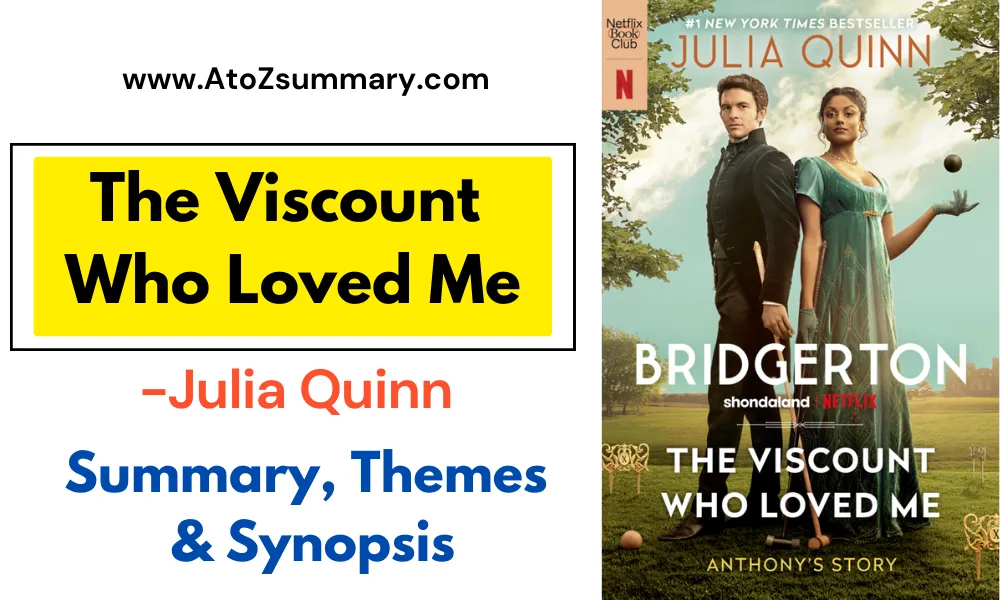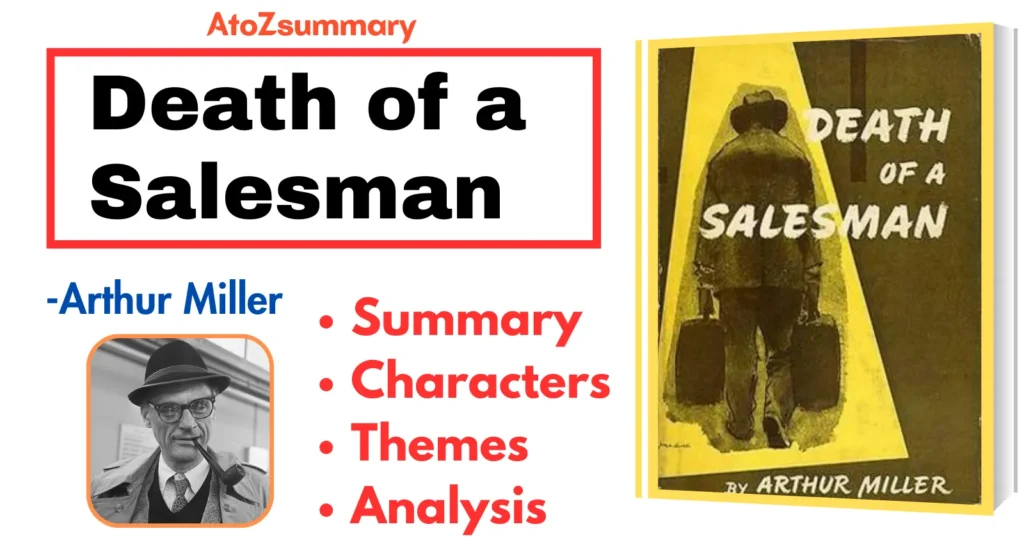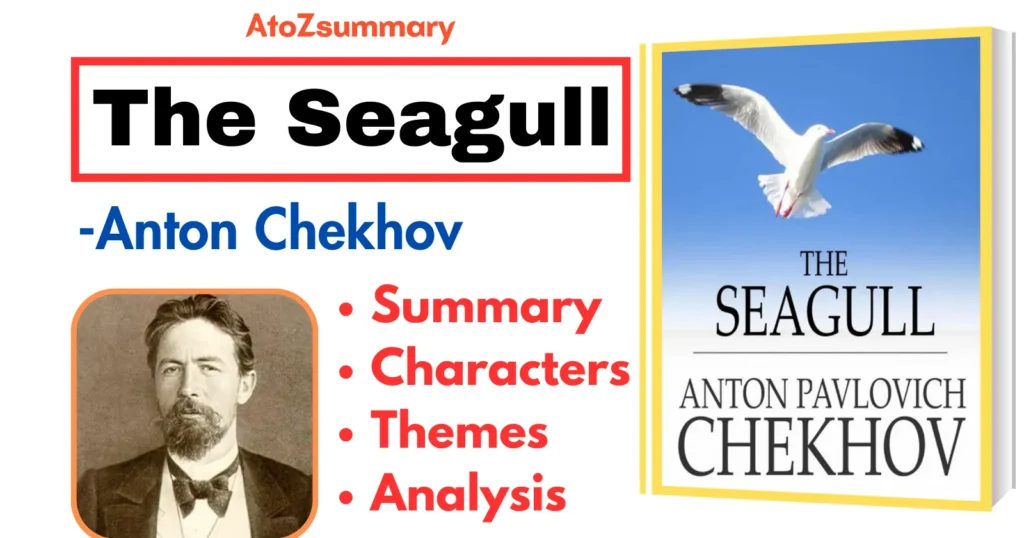
About Poem-I, Too
| Poem Title | I, Too |
| Author | Langston Hughes |
| Genre | Lyrical poem |
| Publication date | 1926 |
| Speaker | A Black American |
| Setting | America during the Harlem Renaissance |
| Subject | The speaker’s affirmation of their dignity and belonging as a Black American |
| Themes | Racial identity, belonging, pride, resilience |
I, Too Poem
I, too, sing America.
I am the darker brother.
They send me to eat in the kitchen
When company comes,
But I laugh,
And eat well,
And grow strong.
Tomorrow,
I’ll be at the table
When company comes.
Nobody’ll dare
Say to me,
“Eat in the kitchen,”
Then.
Besides,
They’ll see how beautiful I am
And be ashamed—
I, too, am America.
I, Too Summary & Analysis
I, Too is a thought-provoking and powerful poem by Langston Hughes that addresses the theme of racial injustice and the African American experience in the United States. The poem is often seen as a response to Walt Whitman’s “I Hear America Singing” and speaks to the marginalized and oppressed voices of African Americans in the early 20th century.
Stanza 1: The first stanza introduces the poem’s speaker, who proclaims, “I, too, sing America.” This declaration signifies the speaker’s identification with the American experience, despite the discrimination and segregation faced by African Americans. The speaker acknowledges that they are a part of the nation’s identity, despite being marginalized.
Stanza 2: In the second stanza, the speaker describes being sent to the kitchen when there are guests in the house. This situation symbolizes the segregation and exclusion African Americans faced during the era, where they were relegated to the background, unseen and unheard. Despite this, the speaker reveals that they, too, eat well and grow strong.
Stanza 3: The third stanza continues to depict the speaker’s exclusion from the mainstream American experience. They are described as “tomorrow,” signifying that their exclusion is a temporary state. The speaker believes that one day, their presence at the table will be recognized and acknowledged.
Stanza 4: The final stanza of the poem is a strong proclamation of the speaker’s determination and hope. They declare that “I’ll be at the table when company comes,” expressing their conviction that, eventually, African Americans will no longer be excluded or marginalized. The poem concludes with the powerful assertion that “nobody’ll dare say to me, ‘Eat in the kitchen,'” emphasizing the speaker’s confidence in a future where racial discrimination and segregation will no longer be tolerated.
I, Too- FAQs
What is the overall meaning of I, Too?
The overall meaning of Langston Hughes’ poem “I, Too” is that Black Americans are an integral part of America and deserve to be treated with dignity and respect.
Why is the poem called I, Too?
The poem is called “I, Too” because the speaker is asserting their identity and belonging as a Black American, even though they are often excluded and marginalized.
What is the critical appreciation of I, Too?
The critical appreciation of Langston Hughes’ “I, Too” lies in its powerful message of African American resilience and their vision for a future where racial inequality is eradicated, serving as a compelling call for justice and equality.
What is the metaphor in I, Too?
The metaphor in Langston Hughes’ “I, Too” is the portrayal of the kitchen as a symbol for the marginalization and segregation of African Americans in American society.









![Regretting You Summary, Themes, Synopsis & Characters [Book by Colleen Hoover] Regretting You Summary, Themes, Synopsis & Characters [Book by Colleen Hoover]](https://atozsummary.com/wp-content/uploads/2023/05/Regretting-You-Summary-Themes-Synopsis-Characters-Book-by-Colleen-Hoover-1024x576.webp)

